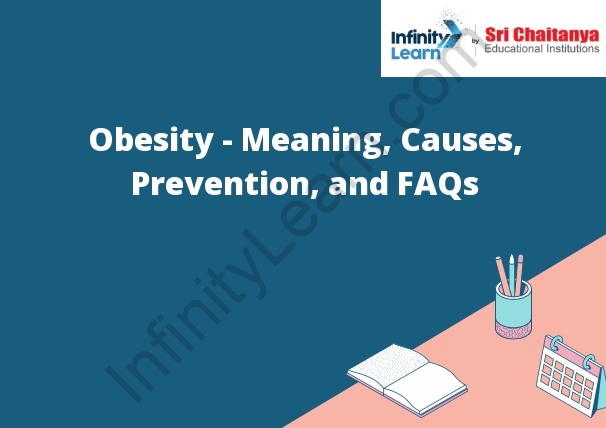Table of Contents
What is the Meaning of Obesity?
Obesity is a condition in which a person has a high amount of body fat. It is a chronic disease that affects more than one-third of adults in the United States. Obesity increases the risk of heart disease, type 2 diabetes, stroke, cancer, and other health problems.
obesity is a disease. Some people may consider obesity to be a disease because it can cause health problems, while others may not consider it to be a disease because it is not always caused by a medical condition. However, most people would agree that obesity is a serious problem that should be addressed.
There are many reasons why people become obese. Some people eat too much, some people eat the wrong things, and some people don’t exercise enough. Obesity can cause health problems such as heart disease, diabetes, and cancer. It can also lead to problems such as back pain and joint pain.
There are many ways to lose weight, but the best way is to eat a healthy diet and exercise regularly. Exercise is important because it helps to burn calories and build muscle. It is also important to eat a healthy diet because it provides the body with the nutrients it needs to stay healthy.

Short Note on Obesity
There are many factors that contribute to obesity, including genetics, overeating, and a lack of exercise. Obesity is a serious health condition that can lead to a number of health problems, including heart disease, stroke, and diabetes.
It has been said that obesity is a disease. But is it really?
Obesity is a condition in which excess body fat has accumulated to the extent that it may have a negative effect on health. It is a problem that is increasing in many countries.
There are many reasons why people become obese. Some people eat too much, some people eat the wrong things, and some people don’t exercise enough.
Obesity can cause health problems such as heart disease, diabetes, and cancer. It can also lead to problems such as back pain and joint pain.
There are many ways to lose weight, but the best way is to eat a healthy diet and exercise regularly.
Risk Factors in Pregnancy
There are many different risk factors that can affect a woman during her pregnancy. Some of the most common include:
Age: The older a woman is, the greater her risk of experiencing complications during pregnancy.
The older a woman is, the greater her risk of experiencing complications during pregnancy. Health: Women with health problems such as high blood pressure, diabetes, or heart disease are at a higher risk for complications during pregnancy.
Women with health problems such as high blood pressure, diabetes, or heart disease are at a higher risk for complications during pregnancy. Lifestyle: Smoking, drinking alcohol, and using drugs can all increase the risk of complications during pregnancy.
Smoking, drinking alcohol, and using drugs can all increase the risk of complications during pregnancy. Weight: Women who are overweight or obese are more likely to experience pregnancy complications.
Women who are overweight or obese are more likely to experience pregnancy complications. Previous Complications: If a woman has experienced problems during a previous pregnancy, she is more likely to have complications during future pregnancies.
If a woman has experienced problems during a previous pregnancy, she is more likely to have complications during future pregnancies. Multiple Births: Twins, triplets, and other multiples are at a higher risk for complications during pregnancy.
Complications that can occur during pregnancy include:
Preterm Labor: Labor that begins before 37 weeks gestation is considered preterm labor. Preterm labor can
Complications of diabetes
There are many potential complications associated with diabetes, including:
•Heart disease
•Stroke
•Kidney disease
•Nerve damage
•Eye damage
•Foot damage
•Skin ulcers
•Infections
•Complications in pregnancy
Prevention
of heart disease begins with a healthy lifestyle. This includes eating a healthy diet, being physically active, and not smoking.
Heart disease is the leading cause of death in the United States. It is a condition that affects the heart and blood vessels. It can lead to a heart attack or stroke.
There are many things you can do to help prevent heart disease. This includes eating a healthy diet, being physically active, and not smoking.
You can also reduce your risk of heart disease by keeping your blood pressure and cholesterol levels under control.







